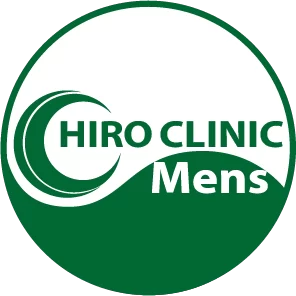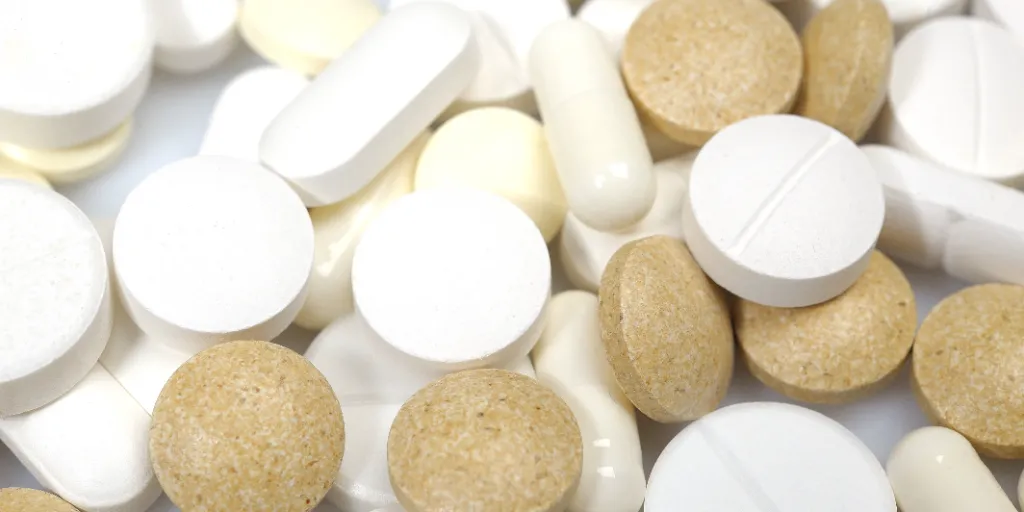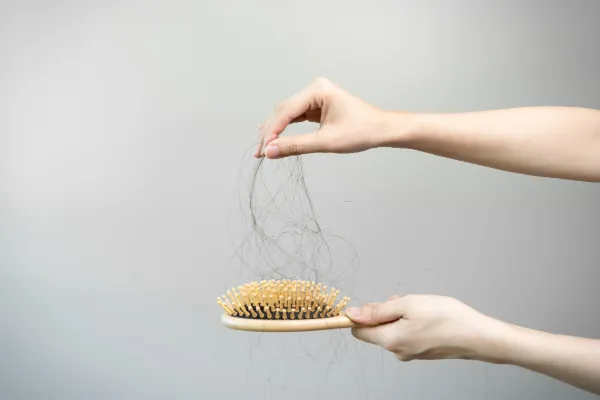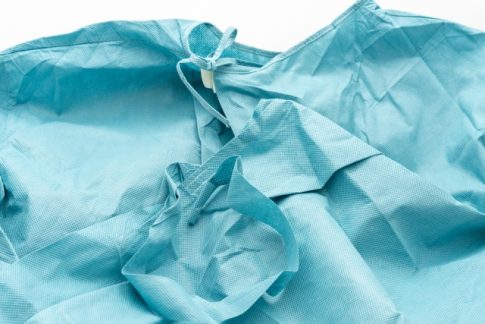この記事の概要
Hair transplant surgery is an effective method of treating thinning hair and hair loss, but the effectiveness of treatment can be maximized by using a combination of medications as post-operative care. This article details the medications used in combination after hair transplant surgery and their effectiveness.
Recommended postoperative medication
Finasteride (Propecia)
overview
Finasteride is a drug commonly used to treat male pattern baldness ( AGA ) that inhibits the enzyme 5α-reductase and reduces the production of dihydrotestosterone (DHT), a hormone that causes hair follicles to shrink and promotes hair loss .
effect
Slows down the progression of hair loss: Finasteride inhibits the production of DHT, which helps slow down the progression of hair loss.
Promotes hair regrowth: In some patients, finasteride can cause hair to regrow.
Protecting transplanted hair : Using finasteride after hair transplant surgery may help make the transplanted hair less susceptible to DHT, allowing it to grow healthier .
How to use
Dosage: Usually 1 mg taken orally once daily.
Note: Continuous use is recommended as effectiveness is lost if use is discontinued.
Minoxidil (Rogaine)
overview
Minoxidil is a hair loss treatment that is applied directly to the scalp and promotes hair growth by increasing blood circulation and providing nutrients to hair follicles.
effect
Promotes hair growth: Minoxidil improves blood circulation and increases the supply of nutrients to hair follicles, thereby promoting hair growth.
Telogen to Anagen Transition: Activates the hair follicle growth cycle and transitions telogen hair follicles into the anagen phase.
Support for transplanted hair : Using minoxidil after surgery helps support the growth of transplanted hair and promotes healthy hair growth.
How to use
Dosage: Usually applied directly to the scalp twice daily. Available in liquid or foam form.
Caution: May cause scalp irritation, consult a doctor if you continue to use this product.
Dutasteride (Avodart)
overview
Dutasteride inhibits 5α-reductase like finasteride, but has a stronger effect than finasteride, further suppressing the production of DHT.
effect
Strong DHT Inhibition: Dutasteride more effectively inhibits the production of DHT, strongly slowing the progression of hair loss.
Hair Regrowth: In some patients, it may be more effective at regrowing hair than finasteride.
Protecting transplanted hair : Using dutasteride after hair transplant surgery further supports the growth of transplanted hair.
How to use
Dosage: Usually 0.5mg taken orally once daily.
Caution: As with finasteride, continued use is necessary as the drug will be ineffective if you stop using it.
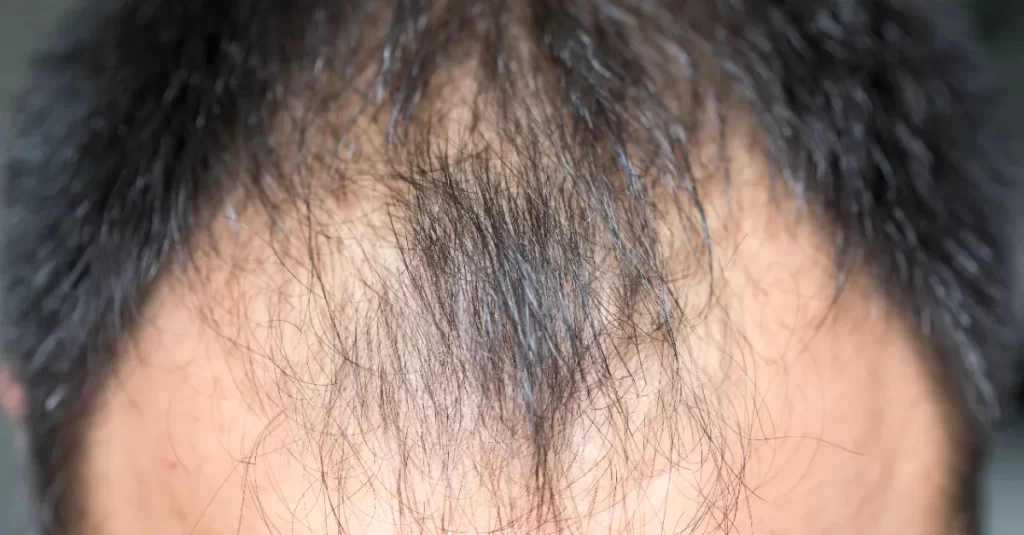
Antibiotics
overview
Your doctor may prescribe antibiotics to prevent infection after surgery. Antibiotics help prevent bacterial infections and aid in your recovery.
effect
Infection Prevention: Prevents surgical site infections and promotes healthy recovery.
Reduces inflammation: Prevents inflammation caused by infection and reduces pain and discomfort after surgery.
How to use
Dosage and duration: Take the medicine in the amount and for the duration prescribed by your doctor.
Important note: It is important to use all of the antibiotics prescribed. Do not stop taking them halfway through.
steroid
overview
To reduce swelling and inflammation after surgery, steroids may be prescribed. When used for a short period of time, they can reduce inflammation and speed up recovery.
effect
Reduce inflammation: Effectively reduce post-operative swelling and inflammation.
Pain relief: Helps ease post-operative pain and discomfort, helping you recover more comfortably.
How to use
Dosage and duration: Take the medicine in the amount and for the duration prescribed by your doctor.
Caution: Long-term use of steroids can cause side effects, so use only for a short period of time as recommended by your doctor.
Effects and side effects of drug therapy
Expected effectiveness
Promotes hair growth: The medication promotes the growth of transplanted and existing hair.
Slowing down the progression of hair loss: Finasteride and dutasteride block the production of DHT, effectively slowing down the progression of hair loss.
Maintaining a healthy scalp: The use of minoxidil and antibiotics helps maintain scalp health and supports the growth of transplanted hair.
Risk of side effects
Finasteride: Reported side effects include decreased libido, erectile dysfunction, and decreased semen volume.
Minoxidil: May cause local side effects such as itchy, dry, and irritated scalp.
Dutasteride: Similar side effects to finasteride, plus breast pain and enlargement may be reported.
Antibiotics: May cause gastrointestinal upset, allergic reactions, etc.
Steroids: Generally safe when used short-term, but long-term use may cause side effects such as immune suppression and decreased bone mineral density.
summary
Medication after hair transplant surgery can be highly effective in supporting the growth of transplanted hair and inhibiting the progression of hair loss. Medications such as finasteride, minoxidil, and dutasteride promote hair health through different mechanisms, but also carry the risk of side effects. The use of antibiotics and steroids can effectively manage postoperative infection and inflammation. Before starting medication, be sure to consult with your doctor to develop an appropriate treatment plan. Combining medication with proper postoperative care can support healthy hair growth and maximize the results of your hair transplant surgery.
Hiro Clinic Hair Transplant
Hiro Clinic recommends Natural Pro FUE treatment, which can be used on hairless areas where oral medication or injection therapy is ineffective, and leaves barely noticeable scars. Hair roots are harvested from the back of the head and partially shaved, making post-operative care easier, and only the required number of hairs are transplanted with a natural finish. It is a same-day procedure using local anesthesia, and provides gentle, gradual hair growth at an affordable price, making it a safe option in Japan.
